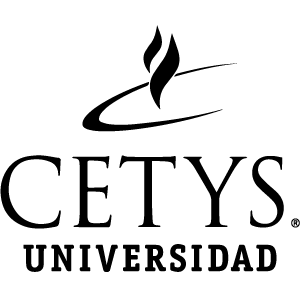https://repositorio.cetys.mx/handle/60000/1455| Campo DC | Valor | Lengua/Idioma |
|---|---|---|
| dc.contributor.author | Ramírez Rubio, Leticia | - |
| dc.date.accessioned | 2022-08-12T21:34:28Z | - |
| dc.date.available | 2022-08-12T21:34:28Z | - |
| dc.date.issued | 2022-08 | - |
| dc.identifier.uri | https://repositorio.cetys.mx/handle/60000/1455 | - |
| dc.description.abstract | El presente trabajo documenta la experiencia del reto del ecoladrillo como estrategia pedagógica con alumnos universitarios en modalidad virtual. El objetivo es reconocer la aportación individual en la generación de residuos y el consumo responsable por parte de los alumnos. El reto consistió en recuperar residuos inorgánicos durante 21 días para colocarlos dentro de una botella de tereftalato de polietileno, esta actividad debía ser documentada diariamente utilizando la herramienta diario de Blackboard®. Se realizó un análisis cualitativo del contenido del diario de cada alumno, utilizando el software QDA Miner® la información se categorizó en antes, durante y después del reto. Al finalizar el reto, los alumnos se vieron a sí mismos como agentes de cambio debido a que con pequeñas acciones individuales pueden hacer una diferencia para el planeta. El 41% de los participantes se comprometieron a mejorar sus hábitos de consumo para disminuir la cantidad de residuos y el 19% manifestó que continuarían realizando el ecoladrillo. Si bien un ecoladrillo no es la solución a la problemática ambiental, sí es una herramienta que motiva a la acción pues el alumno hace cambios en su estilo de vida con la esperanza de que lo aplique en su vida profesional futura. / ABSTRAC This paper documents the experience of the eco-brick challenge as a pedagogical strategy with university students in virtual mode. The objective is to recognize the individual contri-bution in the generation of waste and responsible consumption by students. The challenge consisted of recovering inorganic waste for 21 days to place it inside a polyethylene tereph-thalate bottle. This activity had to be documented daily using the Blackboard® diary tool. A qualitative analysis of the content of each student's diary was carried out, using the QDA Mi-ner® software, the information was categorized into before, during and after the challenge. At the end of the challenge, the students saw themselves as agents of change because with small individual actions they can make a difference for the planet. 41% of the participants promised to improve their consumption habits to reduce the amount of waste, and 19% stated that they would continue to carry out the eco-brick. Although an ecobrick is not the solution to environmental problems, it is a tool that motivates action because the student makes changes in her lifestyle in the hope that she will apply it in her future professional life | es_ES |
| dc.description.sponsorship | Revista Iberoamericana Ambiente & Sustentabilidad | es_ES |
| dc.language.iso | es | es_ES |
| dc.relation.ispartofseries | vol.5; | - |
| dc.rights | Atribución-NoComercial-CompartirIgual 2.5 México | * |
| dc.rights.uri | http://creativecommons.org/licenses/by-nc-sa/2.5/mx/ | * |
| dc.subject | Acción participativa | es_ES |
| dc.subject | Consumo responsable | es_ES |
| dc.subject | Didáctica ambiental | es_ES |
| dc.subject | Eestrategia pedagógica | es_ES |
| dc.subject | Hábitos de consumo | es_ES |
| dc.title | Experiencia pedagógica virtual de educación ambiental: Reto del ecoladrillo | es_ES |
| dc.title.alternative | Revista Iberoamericana Ambiente y Sustentabilidad | es_ES |
| dc.type | Article | es_ES |
| dc.description.url | https://ambiente-sustentabilidad.org/index.php/revista/article/view/270/228 | es_ES |
| dc.format.page | p. 1-16 | es_ES |
| dc.identifier.doi | https://orcid.org/0000-0002-6431-5752 | - |
| dc.identifier.indexacion | Otros | es_ES |
| dc.subject.sede | Campus Mexicali | es_ES |
| Aparece en las colecciones: | Artículos de Revistas | |
| Fichero | Descripción | Tamaño | Formato | |
|---|---|---|---|---|
| 270-Texto del Artículo editable-2282-1-10-20220810.pdf | 972.74 kB | Adobe PDF |  Visualizar/Abrir |
Este ítem está protegido por copyright original |
Este ítem está sujeto a una licencia Creative Commons Licencia Creative Commons


